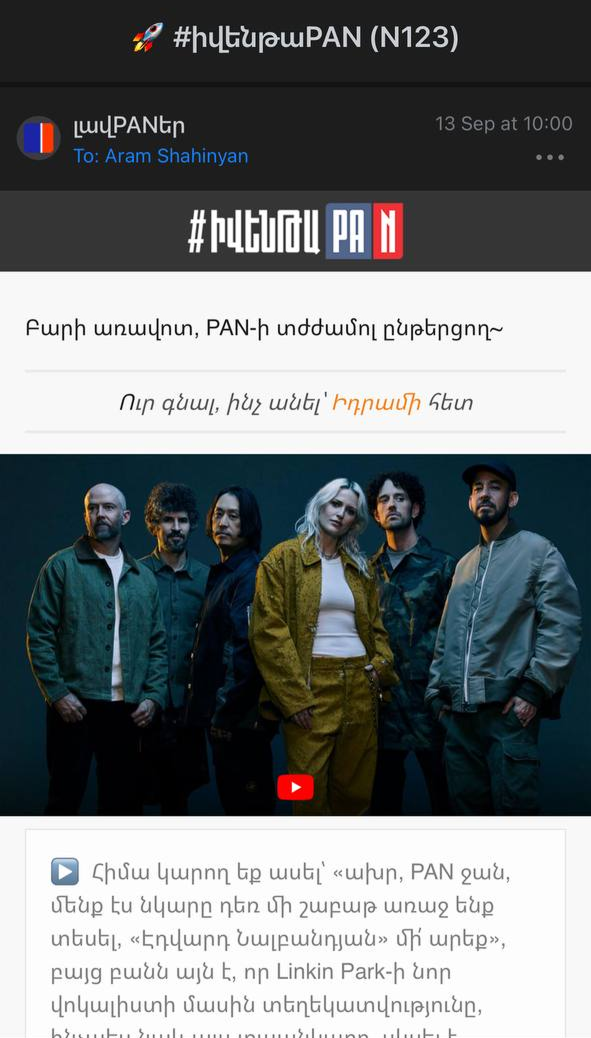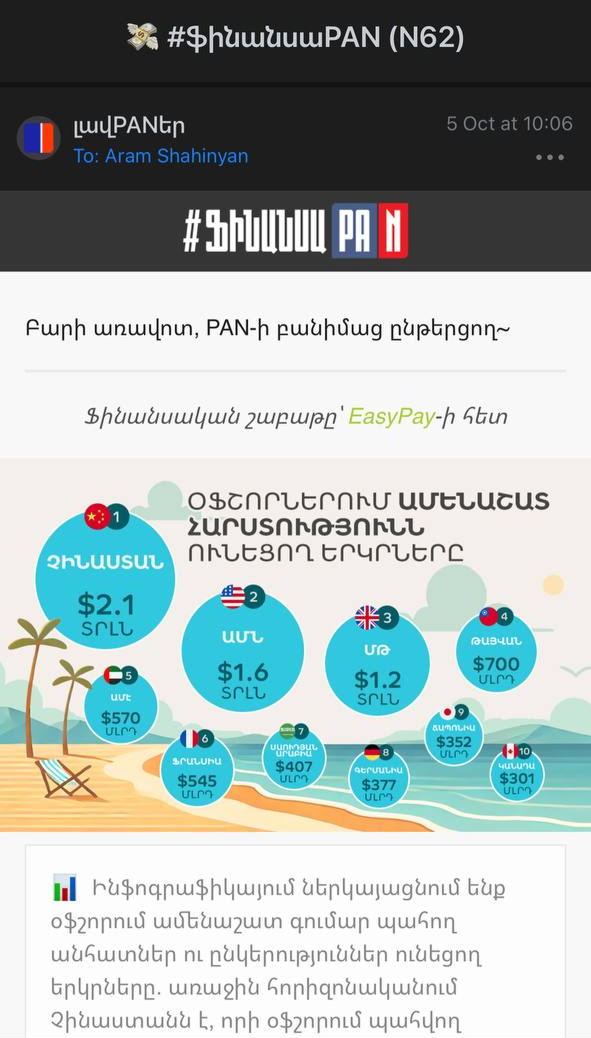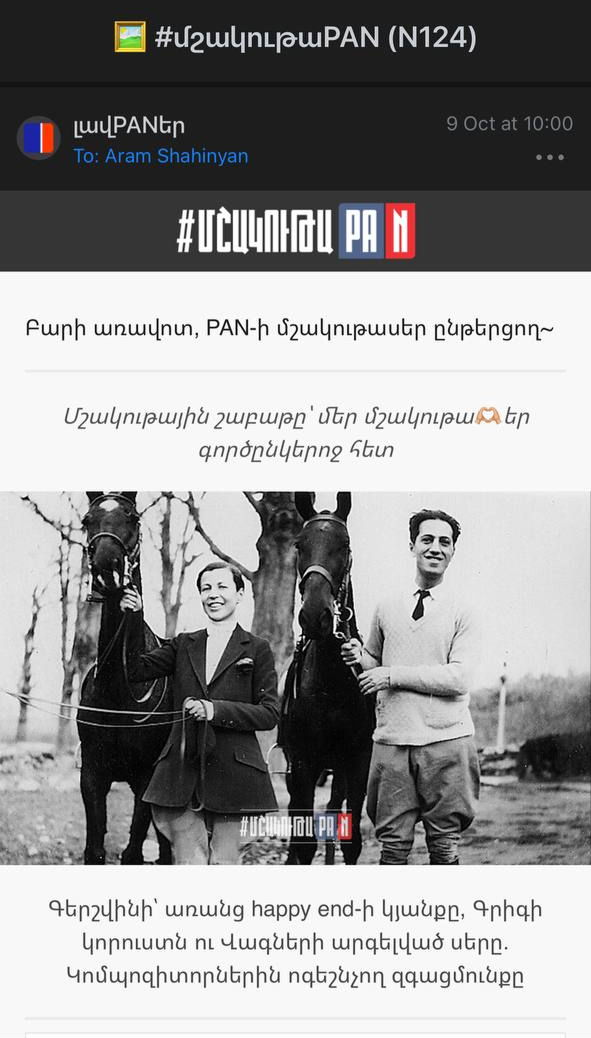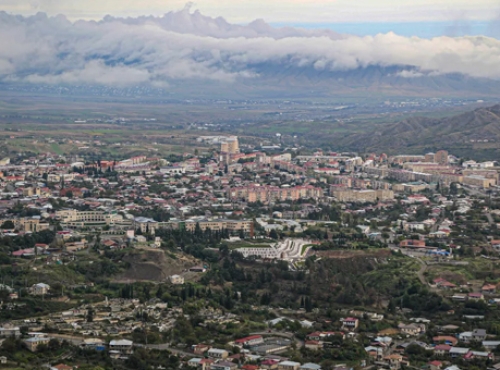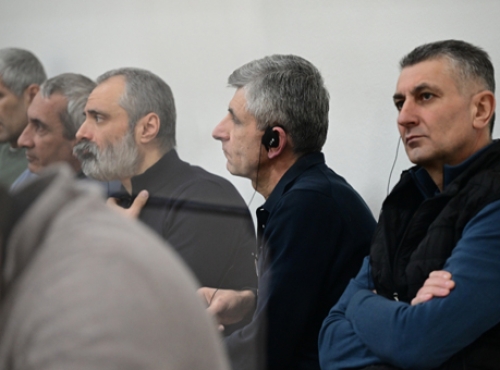The appeal of the National Assembly of Artsakh (Nagorno-Karabakh) to the UN member states on the issue of recognizing the independence of Artsakh was made in the hope of overcoming the current crisis, Representative of the President of Artsakh for Special Assignments David Babayan said Monday, July 31.
According to him, the matter is not a priority at the moment, PastInfo reports.
“If I were the one making decisions, I would not have done it. We applied to the UN several times with the same question, including in 2020, during the war, but we did not receive an answer. You see, when you apply and your application is ignored too often, you simply damage the statehood,” Babayan noted.
“I don’t criticize the actions of the National Assembly, maybe they are correct, I can’t say for sure, but I think that the salvation of Artsakh is now much more important. And this will be possible if, first of all, we, as a nation, work in this direction, but work, and not say toasts. Our principled approach has not changed and will not change: Artsakh will never accept the sovereignty of Azerbaijan. If pressure increases, two options are possible: either we go to war as a nation, or we biblically leave our homeland. And in the case of the second option, the geopolitical landscape will completely change. Let everyone know about it and take action.”
Babayan does not hope that UN member states will take practical steps, including opening an air corridor and sending humanitarian aid to Artsakh. According to him, they will not do it because they are not interested in it.
“Azerbaijan bribes everyone: some with money, some with caviar, other with oil…,” Babayan said.
Since December 12, 2022, the sole road connecting Nagorno Karabakh to Armenia – the Lachin Corridor – has been blocked by Azerbaijan. Baku tightened the blockade on June 15, 2023, banning emergency relief supplies that were carried out by Russian peacekeepers and the International Committee of the Red Cross through the sole road connecting Karabakh to Armenia and the outside world. The move aggravated the shortages of food, medicine and other essential items experienced by the region’s population.










